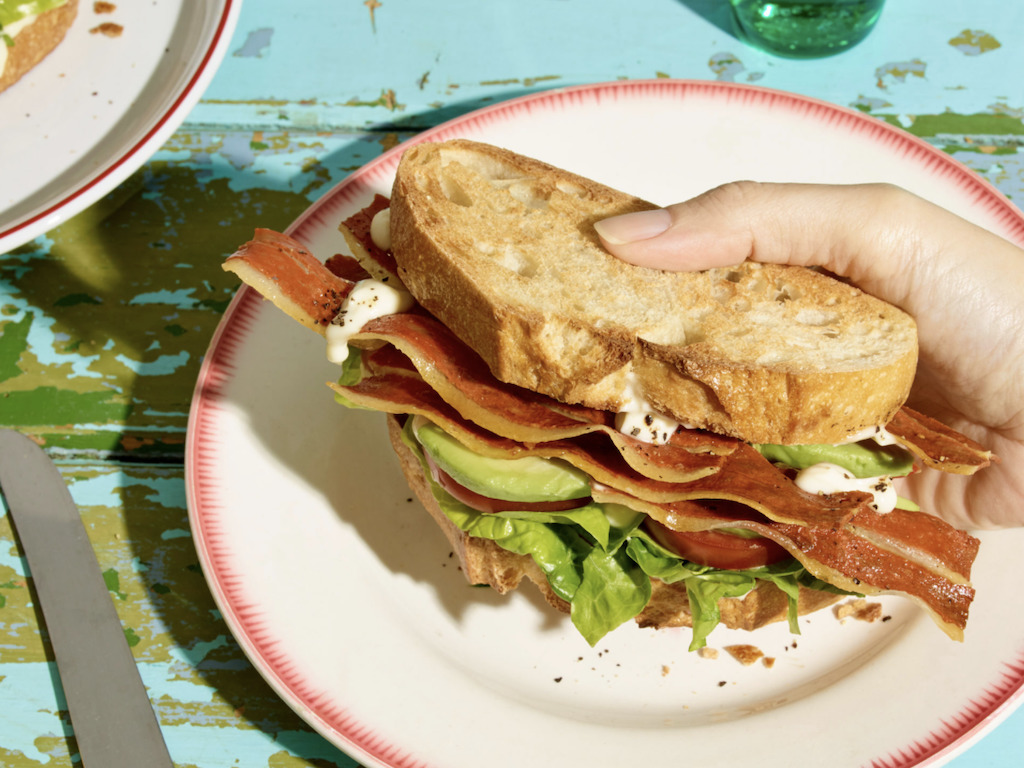12 Mins Read
As our food system continues to battle challenges brought on by climate change and the coronavirus pandemic, innovation in the food tech startup world has been racing to come up with disruptive solutions. From gut-health to upcycled ingredients to sustainable cell-based proteins and novel ways to fight food waste, we take a look at some of the most exciting firms shaking up the industries.
1. Green Spot Technologies
Founding date: 2016
Founders: Ninna Granucci & Silas Boas
Headquarters: Ramonville-Saint-Agne, France
Green Spot Technologies is a French startup upcycling food waste that is often thrown out to compost or “down-cycled” into animal feed into new, high-value ingredients. Think the pulp, seeds and peels of fruit and veggies, and turning them into highly nutritious powders, while only generating water vapour as “waste” in the process, in what the company describes as a disruptive technology that can “reverse” the enormous piles of food we waste each year.
Green Spot Technologies upcycles food by-products from processing industries, which are otherwise discarded as composting waste or used as animal feed, into high-value functional ingredients.
Ninna Granucci, CEO, Green Spot Technologies
2. Fibervita
Founding date: 2012
Founder: João Francisco de Lima & Ricardo Schindler
Headquarters: Chapeco, Santa Catarina, Brazil
Fibervita is a company creating sustainable, healthy and clean label ingredients out of cassava, using their patented technology. Their product is a non-GMO fibrous vegetable compound that can up the fibre content, act as a thickening or binding agent, extend shelf life, and replace proteins in products, suitable for a wide range of applications from food to pharmaceuticals.
We pioneered in developing a proprietary technology at industrial scale to launch an upcycled ingredient portfolio, consisting of sustainable, multifunctional, versatile, healthy, clean label, allergen-, gluten- and GMO-free cassava based fibrous ingredients. Our purpose is to provide cassava fibres to nourish beyond food, [to] support health and wellness.
João Francisco de Lima, Co-Founder & RDI Director, Fibervita
3. Comet Bio
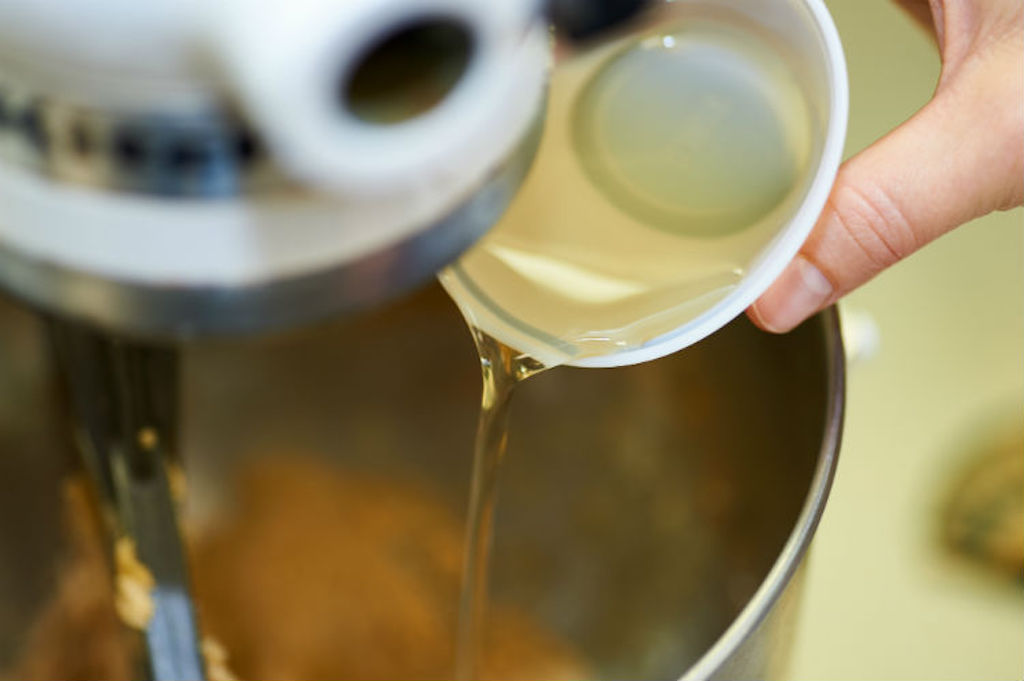
Founding date: 2009
Founder: Andrew Richard
Headquarters: Ontario, Canada
Comet Bio believes that wasted food is wasted nutrition, and is working on making sure that the entire harvest from every farm can be used to make high-quality ingredients. Their technology converts agricultural residues into ingredients that can be used in a range of industries, from biomaterials to foods like syrup and prebiotic supplements.
We upcycle crop leftovers into healthy and sustainable ingredients for use in supplements, foods, and beverages using our patented extraction technology. Comet Bio’s proprietary process is innovative and differentiates us from other ingredient manufacturers. Our Arrabina Arabinoxylan Plant Fiber Extract has superior tolerability and functionality within the prebiotic market.
Rich Troyer, CEO, Comet Bio
4. AgriFiber
Founding date: 2017
Founder: Jonathan Kahn
Headquarters: Mundelein, Illinois, United States
AgriFiber is working on transforming versatile crops into high-performance prebiotics, binders, emulsifiers, and yield extenders. Upcycling the fibre from corn and oats, the company’s patented technology allows them to produce solutions that can support fresh, frozen and shelf stable food products, as well as sustainable plant-based proteins, sauces and baking ingredients.
AgriFiber’s patented purification and extraction technologies allow us to upcycle fiber from residual agricultural materials — offering more functional and health benefits than any other fiber ingredient. We partner with food and beverage industry customers to make their products more profitable and healthier for the planet.
Jonathan Kahn, CEO, AgriFiber
5. 77 Foods
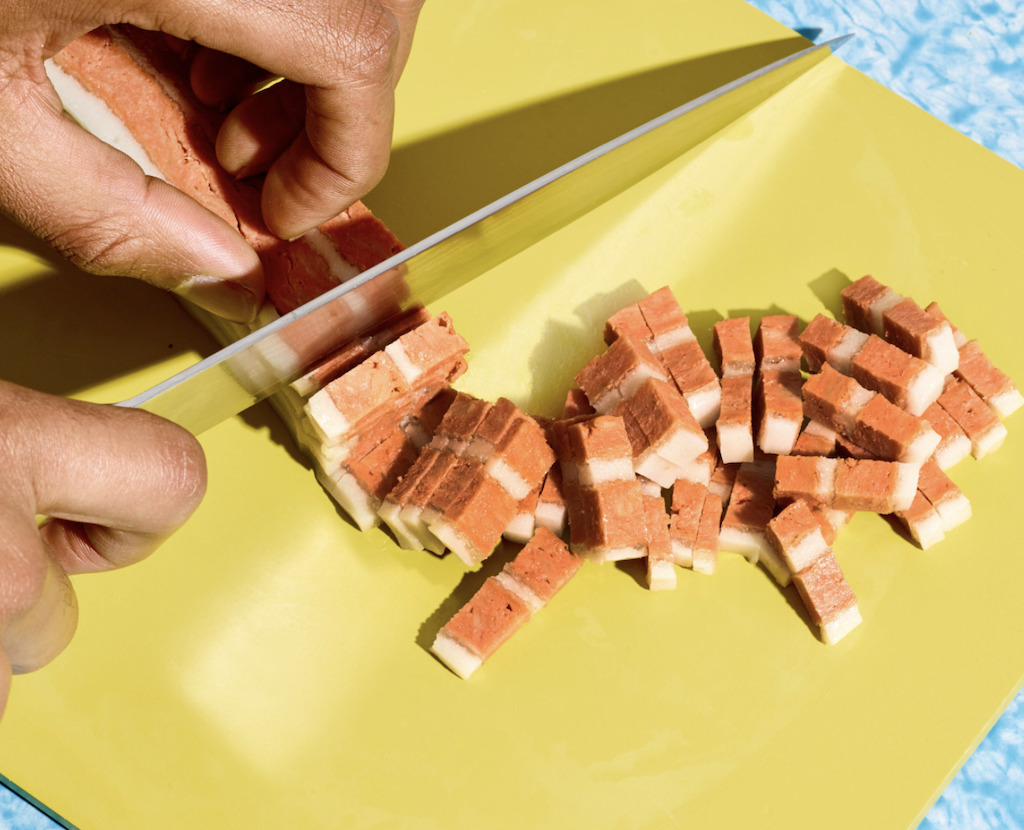
Founding date: 2019
Founders: Kelly Floch & Nicolas Schweitzer
Headquarters: Paris, France
77 Foods is a startup working on recreating the animal-based foods that people love and crave using plants, starting off with the fatty proteins like bacon and lardon. Ultimately, they want to create an entire line of plant-based products that are sustainable, affordable, nutritious and delicious enough to satisfy consumers.
At 77 Foods, our scientists are inspired by nature to mimic this extracellular matrix – using only ingredients coming from plants, we encapsulate plant oils such as sunflower oil, canola oil, etc. Thanks to this innovation, it is possible to make a plant-based adipose tissue that closely resembles that of meat, that can be sliced, cooked, and slowly releases oil upon cooking.
Nicolas Schweitzer, CEO & Co-Founder, 77 Foods
6. Eighth Day Foods
Founding date: 2020
Founder: Roger Drew
Headquarters: Albury, Australia
Eighth Day Foods is a young Australian startup that has developed a unique way to produce lupins for human consumption using fermentation technology – and then making it into a plant-based meat alternative. The final product tastes, bites and feels like the real deal, all the while retaining the nutritional and functional qualities of the legume.
Eighth Day Foods has developed a unique precision preparation of the sweet lupins and a unique accelerated traditional fermentation methodology. This innovation has led to retaining the full nutritional value and functional qualities that are in complete lupins; dramatically improving sensory properties and imparting an end-product with optimum taste, mouthfeel, aroma and juiciness.
Roger Drew, Co-Founder, Eighth Day Foods
7. ProPlant Foods
Founding date: 2020
Founder: Pranjuli Garg & Debabrata Das
Headquarters: Delhi, India
ProPlant Foods is an Indian food tech aiming to shift the country towards sustainable smart proteins with its proprietary technology that leverages indigenous and underutilised crops. Their first product, a plant-based chicken, is clean labelled and boasts a higher protein content than its conventional counterpart.
ProPlant Foods is a clean label company that offers a healthy, tasty, and economical plant-based chicken with much higher protein content, amazing texture and rich, delicious mouthfeel. We are on a mission to bring about a mammoth change in the way people consume proteins.
Pranjuli Garg, Co-Founder, ProPlant Foods
8. Mushlabs
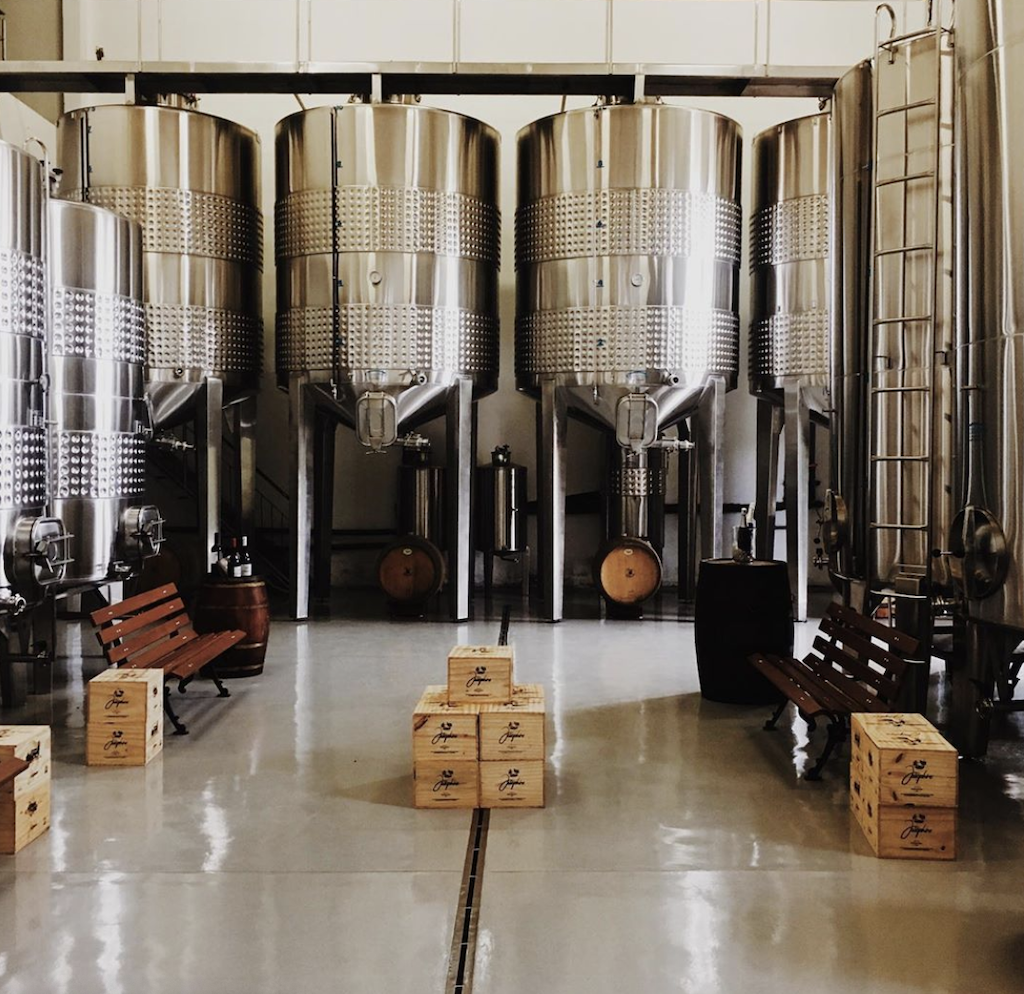
Founding date: 2018
Founder: Mazen Risk
Headquarters: Berlin, Germany
Mushlabs uses liquid fermentation technology to grow mycelia, known as the “root” of the mushroom, which can be used as an ingredient to manufacture sustainable alternative proteins and meat substitutes. The mycelia is cultivated in a controlled environment and fed with byproducts from other industrial and agricultural processes, such as rice husks, coffee grounds and sugarcane, in order to grow protein-rich ingredients suitable to make delicious meat alternatives. Mushlabs’ technology has been backed by a number of big-name Asian investors in a US$10 million Series A that closed in August 2020.
Mushlabs’ fermentation platform allows us to unlock the potential of an overlooked kingdom of life – fungi – as a biological powerhouse that can restore circularity to our broken food system. We are dedicated to building solutions that change the way we consume food, by producing food that is good to our senses, our bodies and our planet.
Mazen Risk, Founder & CEO, Mushlabs
9. Sophie’s Bionutrients
Founding date: 2017
Founder: Eugene Wang, Barnabas Chan & Kirin Tsuei
Headquarters: Singapore
Sophie’s Bionutrients is growing microalgae inside of bioreactors, which enables the startup to precisely control protein production and shorten the manufacturing process to a matter of days, using minimal water and local food waste, like spent grains from breweries, tofu waste and molasses from sugar refineries. Their algae-based ingredients can be applied in a wide variety of food products, from plant-based meat to functional supplements.
Sophie’s Bionutrients’ new patented Sustainable Urban Protein technologies use proprietary strains of microbes and precision fermentation technologies to upcycle industrial food waste and grow food grade protein with little space, energy, water, and time. This technology can be deployed in any metropolitan areas to provide essential nutrients and create circular economies.
Eugene Wang, Co-Founder & CEO, Sophie’s Bionutrients
10. Shandi Global
Founding date: 2018
Founders: Dr. Reena Sharma & Dr. Aditya Sharma
Headquarters: Singapore
Shandi Global is a Singapore-based startup offering a number of plant-based chicken alternatives in various formats, including chicken patties, strips, chicken breast, shredded chicken and chicken cubes. The Artesian and Brinc accelerator backed firm has recently unveiled its newest product, a plant-based chicken drumstick, made using its proprietary “high performance chromatography” technology that naturally modifies plants at the molecular level and produce a final substitute that competes on taste and boasts a similar amino acid profile to its animal counterparts.
Shandi Global is adopting the latest health and food science principles to develop meat alternatives which are second to none: naturality, incorporating social responsibilities and product versatility that exceeds customer expectations.
Reena Sharma, Co-Founder & CEO of Shandi Global
11. Hoxton Farms

Founding date: 2020
Founder: Dr. Max Jamilly & Ed Steele
Headquarters: London, United Kingdom
Hoxton Farms is a London-based biotech using cell biology and mathematical modelling to grow a slaughter-free and sustainable “better kind of fat” directly from animal cells in bioreactors. Their cultivated fat ingredients are designed to help elevate the sensory and functional properties of alternative proteins, such as plant-based meat products that are currently using plant oils. Hoxton Farms’ mathematical approach has recently won them support from a number of investors in a US$3.75 million seed funding round, which it’ll use to grow its team and further its R&D.
At Hoxton Farms, we want to bring back fat. Fat is the secret ingredient that defines how meat looks, cooks and tastes. By simulating the entire cultivation process computationally – from biopsy to bacon – our technology allows us to customize fat for any application. Cultivated fat is the healthy hero ingredient that will finally unlock realistic meat alternatives.
Max Jamilly, Co-Founder, Hoxton Farms
12. Tiamat Sciences
Founding date: 2019
Founders: France-Emmanuelle Adil & Clément Carlier
Headquarters: Brussels, Belgium
Brussels-based Tiamat Sciences is on a mission to lower the costs of cell culture medium, growth factors and other building block ingredients in cell-based protein production, which currently account for as much as 80% of startups’ manufacturing costs. Their original PlanTech platform uses plant-based molecular farming technology to manufacture recombinant protein ingredients, such as enzymes, antibodies, scaffolding and growth factors, at a price 60-times lower than current competitors.
Tiamat Sciences can manufacture a wide range of high-value proteins for a fraction of their current cost, thanks to our proprietary PlanTech platform. The choices we are making on how we will eat tomorrow will shape the future of the generations ahead. We must rethink the way we produce food as well as the science behind it. The cellular agriculture movement is addressing the challenges to come, and we are proud to be a part of the revolution.
France Emmanuelle Adil, Founder & CEO, Tiamat Sciences
13. Biomilq

Founding date: 2020
Founders: Michelle Egger & Leila Strickland
Headquarters: Durham, North Carolina, United States
Biomilq is a cell-ag startup farming breast milk outside of the body, a development that has the potential to disrupt the enormous profit-driven infant formula industry as we know it. Using cultivated technology, their solution is not only more sustainable but can match the nutrition of real breast milk, which is what science has shown is the best and most optimal form of infant nutrition there is. Green Queen Media recently spoke to co-founder and CEO Michelle Egger, who underlined their mission to bring cultured milk to mothers all over the world who need it.
Biomilq aims to increase infant feeding options for new parents by offering human milk produced outside the body as supplemental nutrition.
Michelle Egger, Co-Founder & CEO, Biomilq
14. Kernel Mycofood
Founding date: 2019
Founder: Horacio Acerbo
Headquarters: Buenos Aires, Argentina
Kernel Mycofood is an Argentinian startup developing 100% animal-free fungi-based protein ingredient, which comes at a 95% reduction in environmental footprint compared to traditionally farmed meat, and is also 53% more climate-friendly than plant crop-based proteins. Powered by artificial intelligence (AI), the company can also optimise its protein, dubbed Kernel, to suit different applications, from scale to quality and functional properties.
Kernel Mycofood is solving the absence of a properly sustainable and cost-effective protein ingredient that is flavour neutral. The result is a market-ready product that better-suits the needs of a range of food manufacturers, reducing the amount of post processing needed for an end product.
Horacio Acerbo, CEO, Kernel Mycofood
15. The Protein Brewery
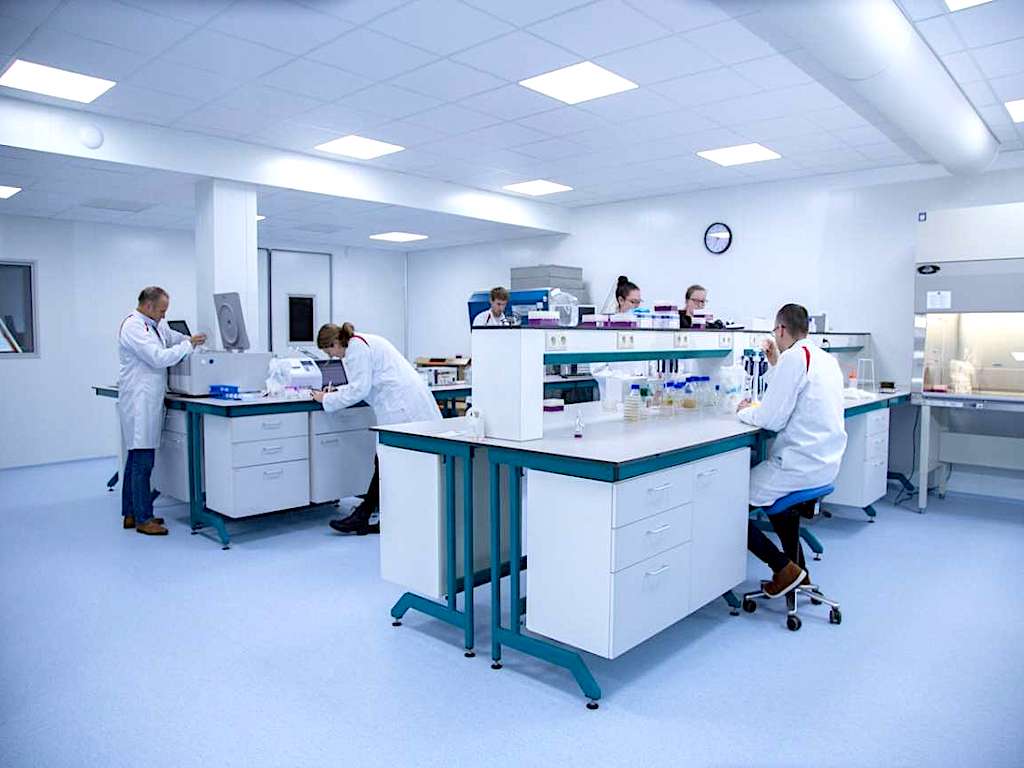
Founding date: 2020
Founder: Wim de Laat
Headquarters: Breda, the Netherlands
The Protein Brewery uses microbial fermentation technology to develop a novel food ingredient that boasts a similar protein content to conventional animal meat. Called Fermotein, the protein is made from its proprietary fungi, which undergoes a cost-effective brewing process, to result in a high-grade product that has one of the lowest environmental footprint of all proteins, both animal and plant-based. Backed by investors in a US$26 million Series A last year, the startup is now racing to commercialise its product in the U.S. in 2021, and Europe in 2022.
The Protein Brewery’s production technology comprises a unique combination of proprietary micro-organisms (fungi) and an easy-to-operate brewing process. Feeding a growing population in a nutritious and sustainable way is a challenge, we need to change the way we produce food. One of the answers is more yield per hectare, but locally grown and with a minimal footprint.
Wim de Laat, Founder, The Protein Brewery
16. Shiru
Founding date: 2019
Founder: Jasmin Hume
Headquarters: Emeryville, California, United States
Shiru uses machine learning technology and precision biology to identify and create ideal food proteins. Their computational design approach means that they can find the most sustainable proteins that are best to recreate the functions that different food additives and ingredients deliver, such as solubility, foam stability, binding and emulsification.
Shiru identifies and creates the most functional, natural proteins specifically tailored to certain food applications, catapulting the development of more sustainable, nutritious, and delicious foods. Shiru is a B2B company, partnering with food CPG, ingredients, and ag companies to bring the best protein ingredients to market.
Jasmin Hume, Founder & CEO of Shiru
17. PolyNatural
Founding date: 2015
Founder: Francisco Palma
Headquarters: Santiago, Chile
PolyNatural is all about reducing food waste by extending the life of fresh fruits in a healthy way, using their 100% natural coating dubbed Shel-Life. Unlike petroleum-based synthetic waxes that are commonly used by the vast majority of fruit exporting companies, their coating solution is completely plant-based, made with natural extracts, lipids and plant polymers while still preventing dehydration and the growth of microorganisms.
PolyNatural’s first development in Shel-Life reduces dehydration and microbial contamination forming a second peel in the fruit coated, using just natural (plant-based) and certified organic ingredients. Since fresh fruit is a perishable product it is necessary to extend their shelf life during post-harvest.
Francisco Palma, Founder, PolyNatural
18. Clean Crop Technologies
Founding date: 2019
Founders: Dan White & Daniel Cavanaugh
Headquarters: Haydenville, Massachusetts, United States
Clean Crop Technologies offers commercial scale services for the global grain and nut sectors to prevent crop loss and bolster food safety. Their breakthrough innovation combines air and electricity to create ionised gases that can help remove more than 80% of toxins without harming food in the process, remove over 99% of mould and pests, as well as extending the shelf-life of perishable foods for up to 7 days.
Clean Crop combines air and electricity to remove contaminants from food, extending shelf life and improving safety across the food space. Our proprietary system is optimised to decontaminate with no change to quality in high sensitivity foods, including nuts, dairy, and meats, using a fraction of the energy required for peer solutions.
Dan White, Co-Founder & CEO, Clean Crop Technologies
Lead image courtesy of 77 Foods.


